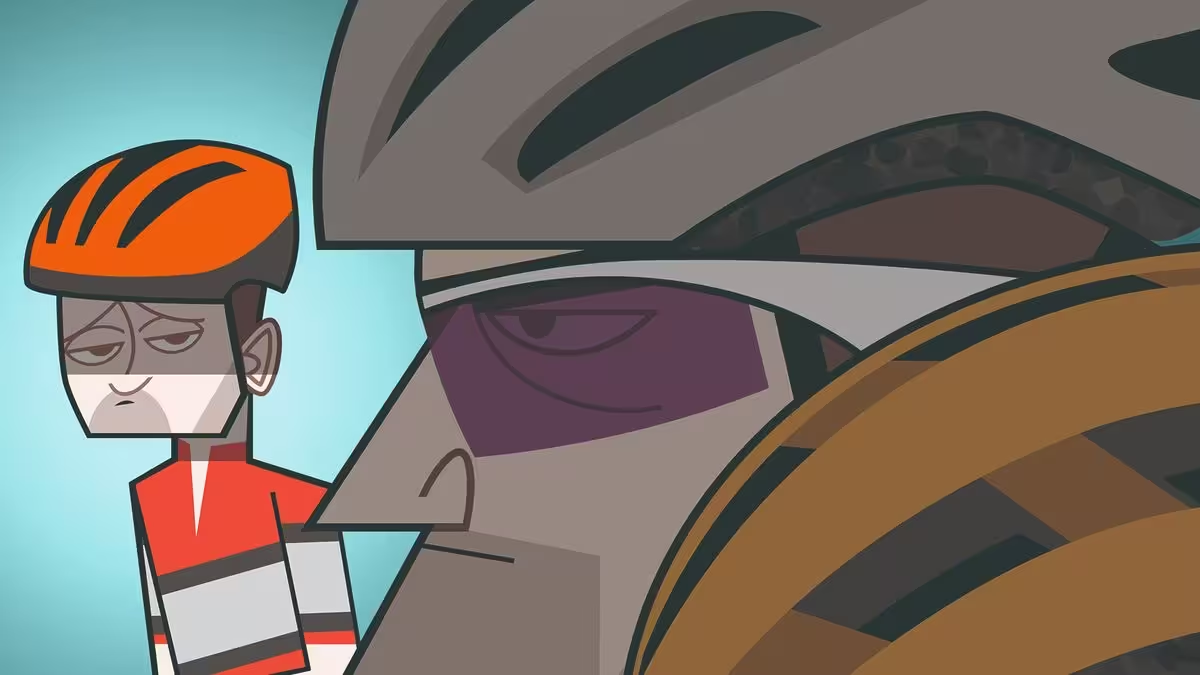“You would struggle to find an elite rider who doesn’t have self-sabotaging behaviours,” says 23-year-old Ribble Rebellion rider Joe Laverick, who has witnessed many fellow riders derailing themselves with counterproductive decisions and habits. As a sports psychologist, I’m not at all surprised by this.
Whether we are riding for fun or to pay the rent, cycling can sometimes feel psychologically threatening – and threat induces self-sabotage. Because we connect cycling with our identity, the risk is that our self-worth is measured in results, speeds and watts, with an accompanying fear that if these metrics don’t live up to our self-imposed standard, we are failing. Worse still, we’re liable to worry that others are judging us for these metrics or that we’re wasting our time, putting in effort for no gain. As a result, our threat system kicks into action, with both physical and psychological consequences.

